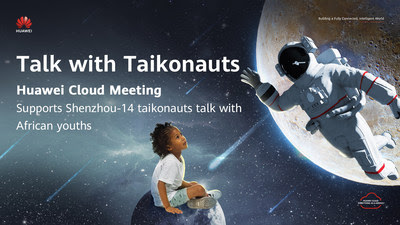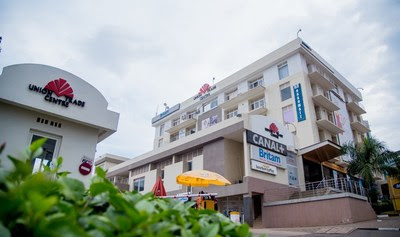Children living in the three conflict-affected states in north-east Nigeria have continued to endure grave violations, though in decreasing numbers, mainly at the hands of Boko Haram-affiliated and splinter groups, and efforts must be increased to protect children from violence and conflict, highlights the third report of the UN Secretary-General on Children and Armed Conflict in Nigeria released today.
A total of 694 grave violations against 532 children have been verified during the reporting period from January 2020 to December 2021. Though this represents a sharp decrease compared with the previous report during which 5,741 grave violations were verified for a three-year period, the highly volatile and rapidly evolving security situation in north-eastern Nigeria continues to have a negative impact on the protection of conflict-affected children and is reverberating across the borders in the Lake Chad Basin region. Additionally, grave violations intensified within the reporting period, from 250 grave violations verified in 2020 to 444 verified in 2021.
“The children of Nigeria and of the Lake Chad Basin region have to live under the constant fear and threat of grave violations against them, especially gruesome violations at the hands of Boko Haram-affiliated and splinter groups. They further risk being caught up in military operations against the group by Government Forces. I urge Boko Haram-affiliated and splinter groups, notably Jama’atu Ahlis Sunna Lidda’awati wal-Jihad (JAS) and the Islamic State West Africa Province (ISWAP), to release all children associated with them and abide by their obligations under international humanitarian law and international human rights law. I urge all parties to immediately end all violations against children,” said the Special Representative of the Secretary-General for Children and Armed Conflict, Virginia Gamba.
Children were abducted, killed and maimed, recruited and used, and endured sexual violence with the main perpetrators remaining Boko Haram-affiliated and splinter groups. The abduction of children continued to be a key concern in 2021, with the highest number of children verified as abducted (211) since 2014.
Overall, 212 children were verified killed or maimed mainly by gunshots during crossfire, which represented 90 per cent of all child casualties. 70 children were verified as recruited and used, a violation often compounded by other grave violations such as abduction, sexual violence, or killing and maiming.
The detention of children for their actual or alleged association with parties to the conflict remained worrying, with 275 children (260 boys, 15 girls) detained. The Special Representative reminds that children allegedly or actually associated with parties to conflict should be considered primarily as victims and that alternatives to detention should be actively sought after. She further calls on the Nigerian authorities to grant the UN unimpeded access to detention facilities and calls upon the Government of Nigeria to urgently endorse and implement the handover protocol for children associated with armed groups to civilian child protection actors.
63 girls endured sexual violence, a violation always challenging to document and verify owing to the survivors’ fear of stigma and lack of access to some conflict-affected areas by the country task force. It is thus understood that the number does not capture the prevalence of cases of sexual violence against children in Nigeria.
Attacks on schools and hospitals continued with 30 incidents verified, as well as the denial of humanitarian access with 32 incidents verified. Furthermore, the targeting by armed groups of schools, health and humanitarian facilities led to a spike in out-of-school children and by the end of the reporting period, UNICEF estimated that at least 10.5 million children were out of school in Nigeria, one-third of Nigerian children.
Progress for the Protection of Children in Nigeria
The reporting period was marked by the successful implementation of the Action Plan to end and prevent the recruitment and use of children by the Civilian Joint Task Force (CJTF), following the completion of which the group was delisted in 2021. The Special Representative commends the constructive work done by the Government of Nigeria and the CJTF in that regard and their continued engagement to end and prevent the recruitment and use of children and other grave violations.
The signing into law by the Borno state Government of the Child Rights Act was another positive step, and so was the reintegration of 6,503 children (3,752 boys, 2,751 girls) formerly associated with armed groups, which the Special Representative welcomes. All children were provided with reintegration support by UNICEF implementing partners and in collaboration with the relevant authorities. The Special Representative calls on the international community to continue to support politically and financially all reintegration efforts, including through the Global Coalition for Reintegration of Child Soldiers.
“While the security situation remains explosive with dramatic consequences for children, I want to commend the work of child protection and humanitarian partners on the ground. I urge all parties to respect the civilian character of schools and hospitals and to allow safe and unimpeded access for humanitarian actors to affected populations,” the Special Representative added. “The United Nations stands ready to continue to support the Government of Nigeria and international partners to ensure that all children in Nigeria are effectively protected from violence and hostilities.”
Source: UN Office of the SRSG for Children and Armed Conflict



